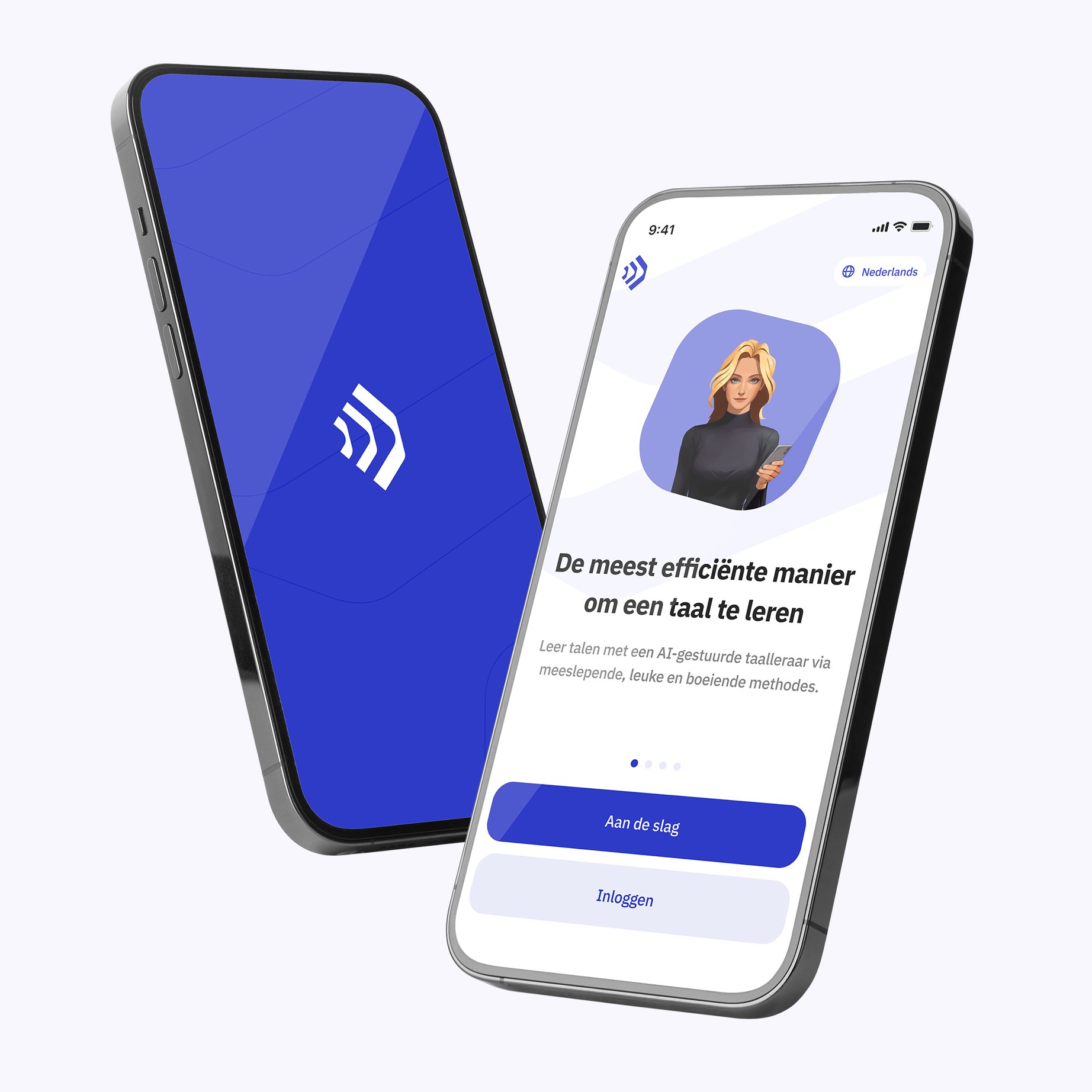Bij de volgende oefeningen gaan studenten oefenen met het invullen van de juiste vorm en positie van bijwoorden in Engelse zinnen. De oefeningen zullen hen helpen om hun vaardigheid in het correct gebruiken van bijwoorden te verbeteren. Doe je best en onthoud dat oefening kunst baart!
Oefening 1: Bijwoorden van frequentie en tijd
I have *never* (frequency) tried sushi before.
She *always* (frequency) wakes up early for yoga.
They *rarely* (frequency) go out for dinner on weekdays.
We *usually* (frequency) have lunch at noon.
Tom *occasionally* (frequency) drinks coffee in the morning.
My grandmother *often* (frequency) tells stories about her childhood.
The meeting *normally* (frequency) starts at 9 AM.
It *sometimes* (frequency) snows in April.
He can *hardly* (degree) hear without his hearing aid.
Do they *still* (time) live in London?
I *recently* (time) visited the new museum downtown.
My brother has *just* (time) finished his homework.
Has she *already* (time) called the client?
We must finish the project *soon* (time).
The sun had *finally* (time) set after the long summer day.
Oefening 2: Bijwoorden van plaats en wijze
Could you please move a little *closer* (place)?
The kids are playing *outside* (place) in the garden.
I looked everywhere, but I couldn’t find my keys *anywhere* (place).
Please put the keys *here* (place) on the table.
We need to finish this job *quickly* (manner).
She passed the test *easily* (manner) because she studied hard.
Speak *softly* (manner); the baby is sleeping.
He completed his tasks *efficiently* (manner) with great focus.
The doctor always acts *professionally* (manner).
Drive *slowly* (manner) in bad weather.
You should handle fragile items *carefully* (manner).
The audience listened *attentively* (manner) to the speaker.
Can we discuss this matter *privately* (manner)?
She sings *beautifully* (manner) at the concerts.
The teacher explained the concept *clearly* (manner) to the students.










